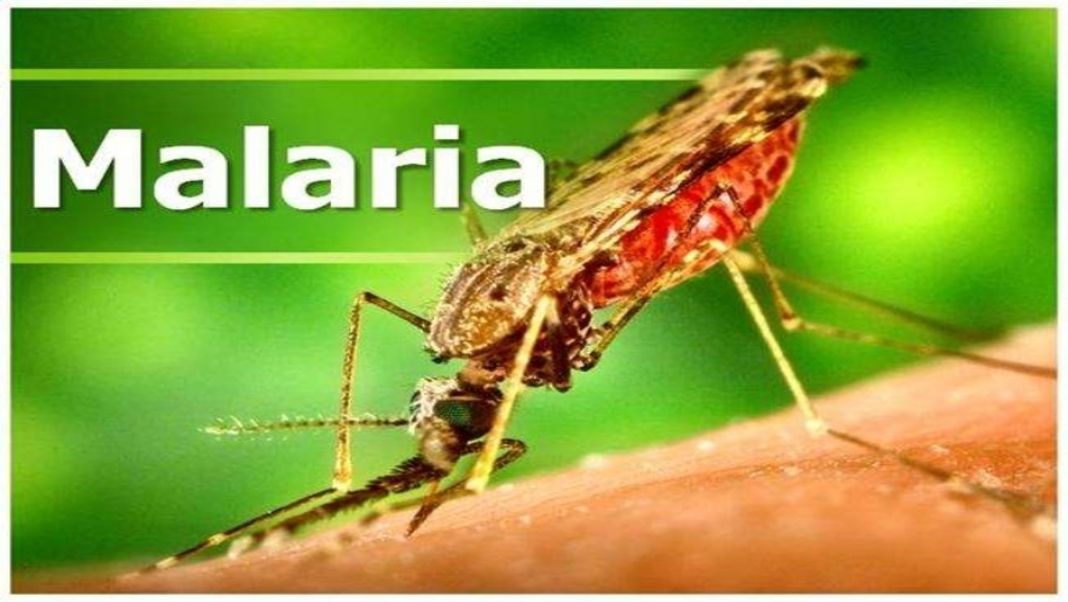Shillong, Jan 14: High in the misty hills of cloud-kissed Meghalaya, where communities thrive in close-knit villages, a quiet revolution is reshaping public health. Scientists have uncovered a remarkable truth: social networks—more than individual efforts or traditional health campaigns—are the driving force behind combating malaria, a disease that has long cast its shadow over the region.
A pioneering study spanning 10 rural villages in Meghalaya has revealed the power of community influence in driving public health outcomes. Between 2020 and 2022, researchers gathered data from over 1,500 residents, examining their use of eight malaria prevention techniques. These ranged from modern tools like insecticide-treated bed nets and repellents to traditional practices like burning materials to deter mosquitoes. The findings underscore a startling reality: in these villages, who you talk to about health matters as much as if not more than, what you know.
Global Expertise, Local Insights
This groundbreaking research, published in Scientific Reports, was spearheaded by an interdisciplinary team that included Dr. András Vörös of the University of Birmingham and Dr. Elisa Bellotti of the University of Manchester. Collaborators from institutions in India, such as the Indian Institute of Public Health Shillong and Martin Luther Christian University, joined forces with experts from New York University and the Johns Hopkins Bloomberg School of Public Health to decode the complex interplay between social behaviour and health outcomes.
Their findings align with a growing body of evidence showing that the size and composition of social networks significantly influence health-related behaviours. Social influence—the adoption of behaviours through exposure within one’s network—has previously been linked to the uptake of vaccinations, HIV testing, and avoidance of risky habits like smoking and substance use.
The Network Effect
“Statistical network modelling reveals exposure to similar behaviours in one’s social network as the most important factor explaining prevention behaviours,” the study notes. It highlights that households, while pivotal centres of social ties exert an indirect influence. Instead, the broader community web of friends, family, and neighbours drives the adoption of malaria prevention practices.
The study’s most compelling insight? For every additional person in a villager’s network adopting malaria prevention habits, the likelihood of others following suit doubles. This phenomenon, termed “social network exposure,” emerged as the single most significant driver of behaviour change, far outstripping individual characteristics or even the influence of health professionals.
Redefining Health Advocacy
Surprisingly, traditional opinion leaders such as Accredited Social Health Activists (ASHAs) and tribal healers, often seen as linchpins of public health initiatives, had limited impact compared to the organic reinforcement provided by peers. This underscores the untapped potential of leveraging grassroots social networks for health advocacy.
The Path to Elimination
For the first time, India’s malaria elimination goals appear achievable. Current efforts, however, remain heavily reliant on mass interventions like insecticide-treated bed nets and indoor residual spraying—approaches that face logistical hurdles and public resistance.
The study suggests a complementary strategy: harnessing social networks to amplify the uptake of alternative prevention techniques and future malaria vaccines. This innovative approach could revolutionize not only malaria elimination but also broader public health campaigns by integrating network-based strategies for behaviour change.
By shifting focus from individual compliance to collective action, Meghalaya’s villages are proving that the strongest weapon against malaria isn’t a chemical or a campaign—it’s the power of the community.
Read: NorthEast United set to face FC Goa on home turf to squeeze Top-4 spot
WATCH:
Find latest news from every corner of Northeast India at hubnetwork.in, your online source for breaking news, video coverage.
Also, Follow us on-
Twitter-twitter.com/nemediahub
Youtube channel- www.youtube.com/@NortheastMediaHub2020
Instagram- www.instagram.com/ne_media_hub
Download our app from playstore – Northeast Media Hub1





